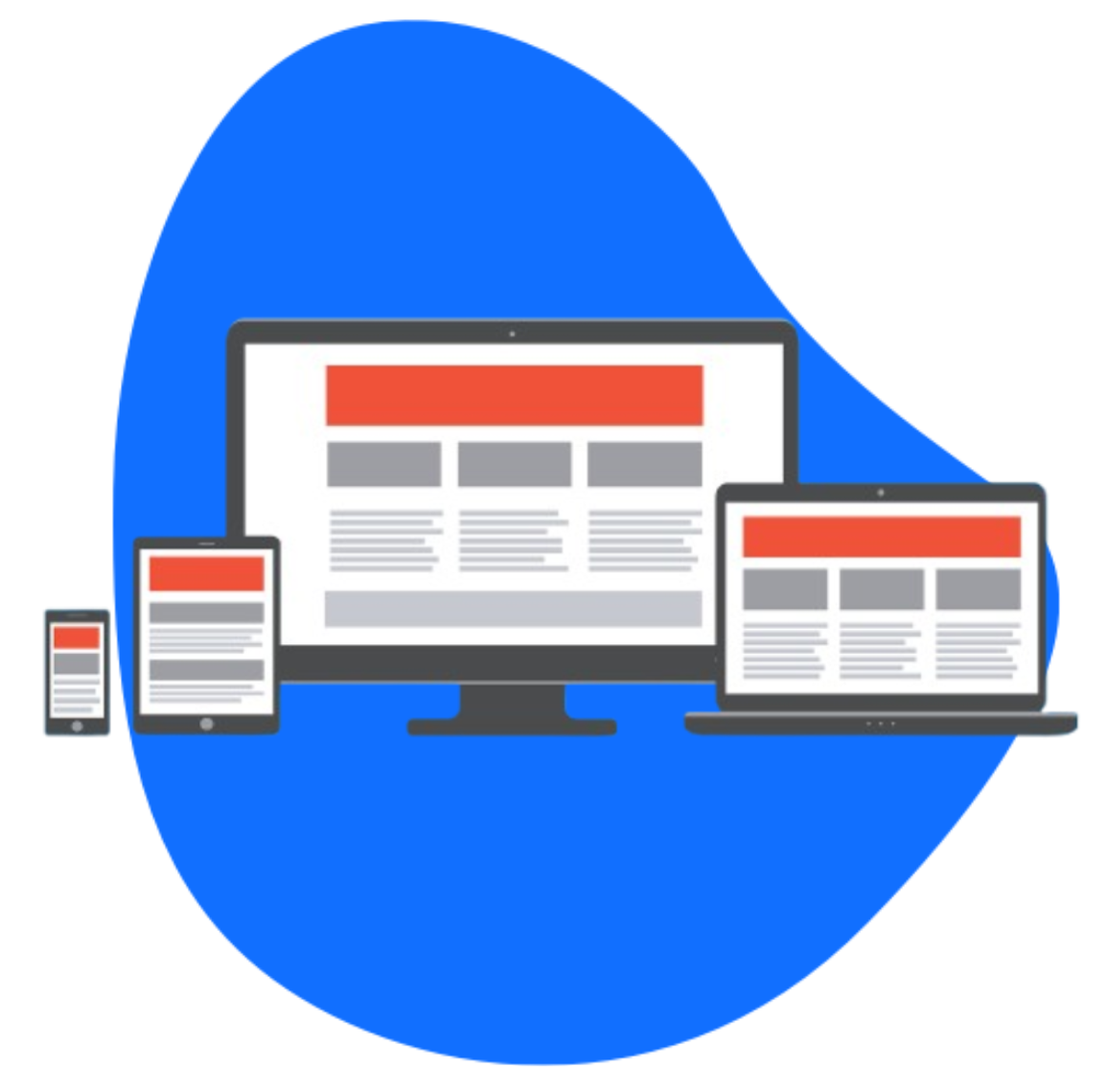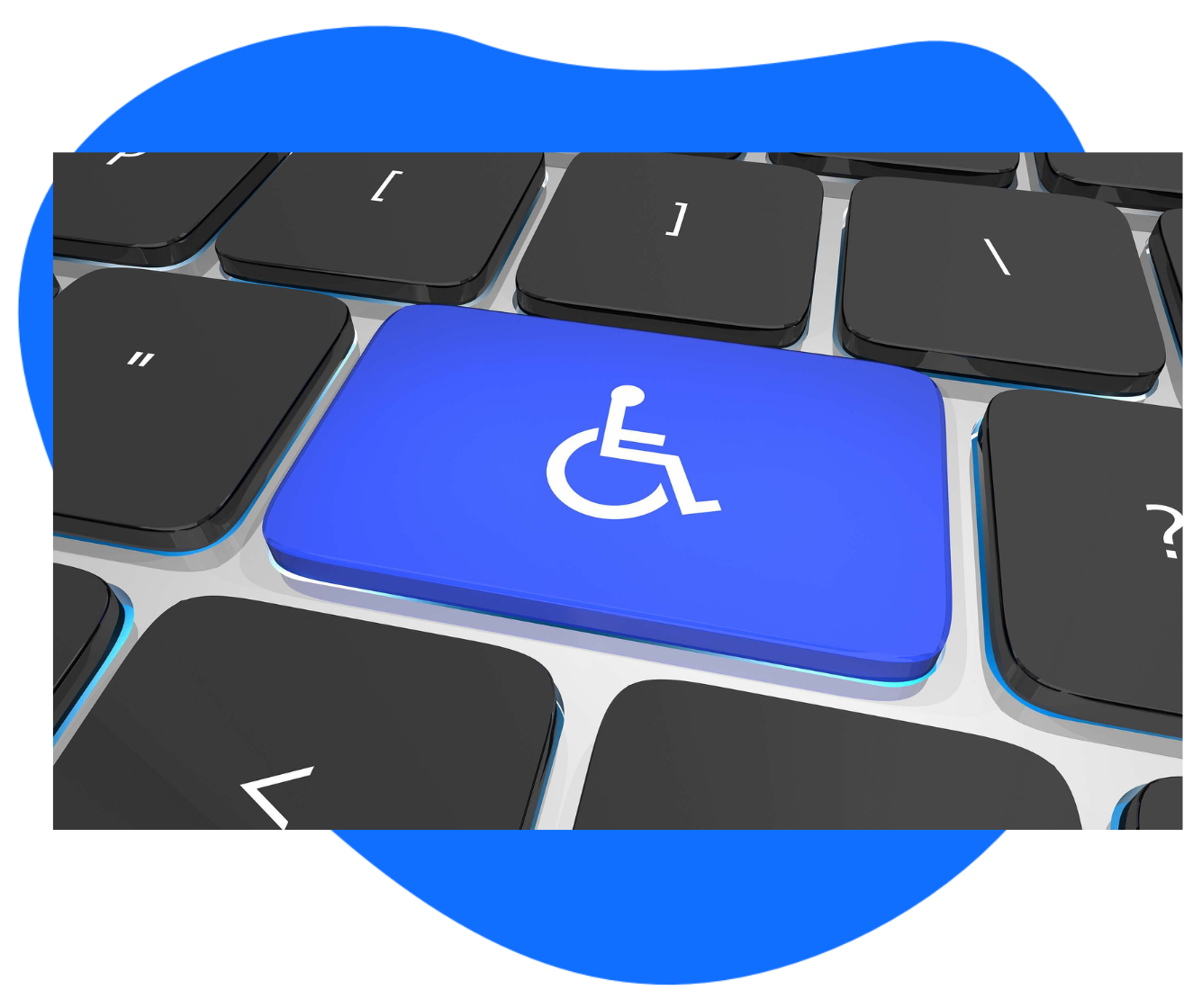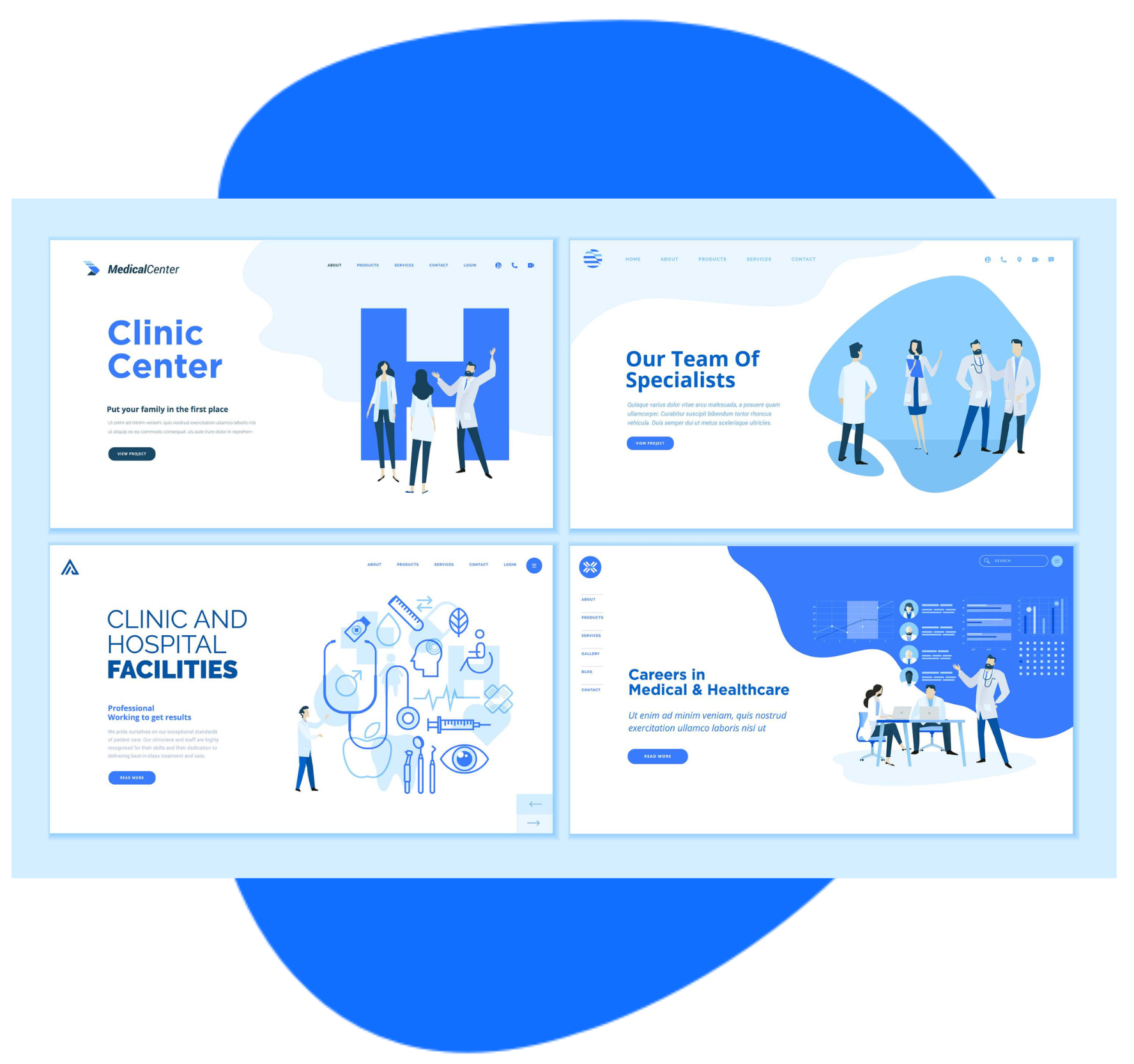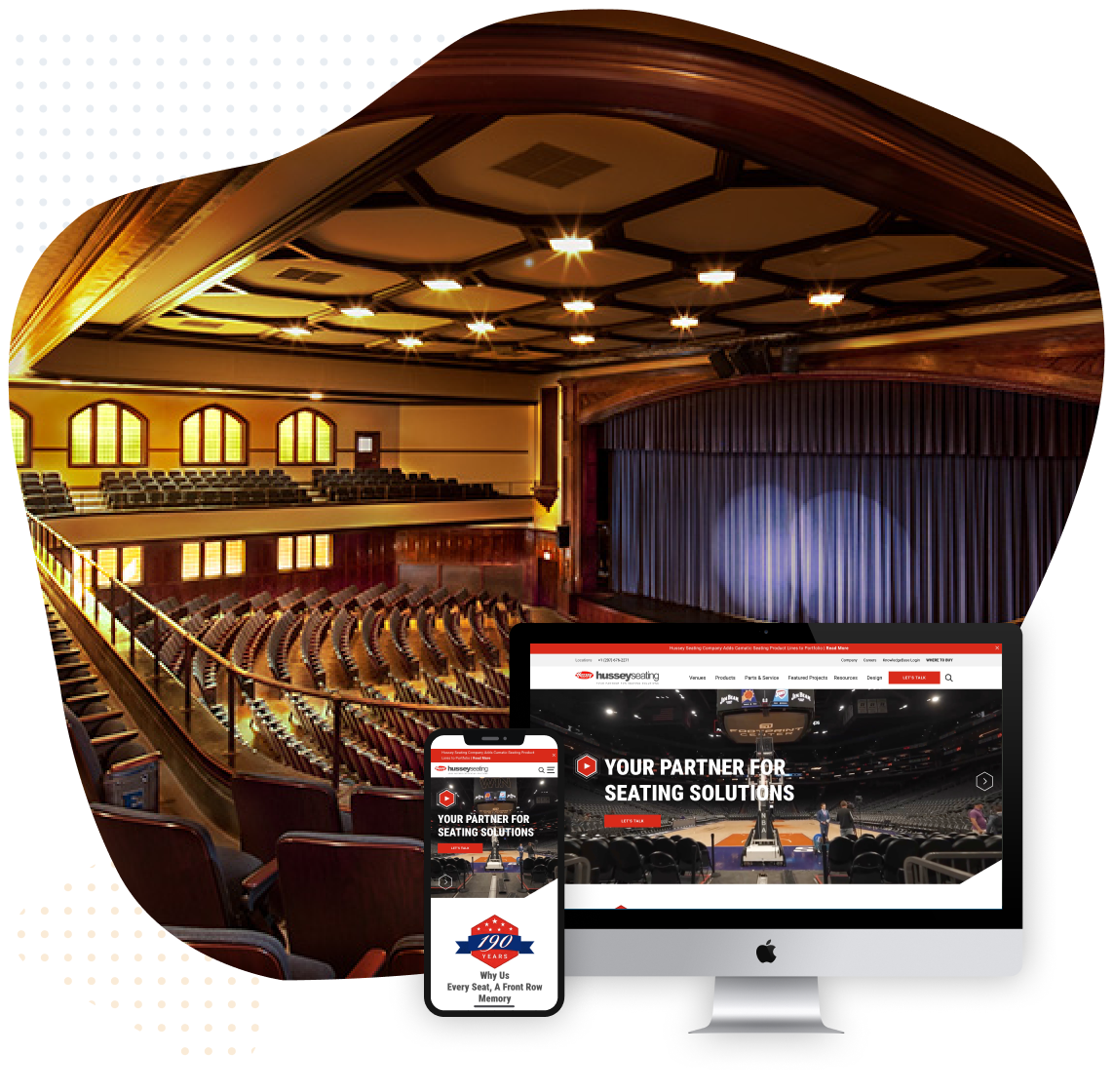The internet has revolutionized the way businesses operate. An online presence is essential in today’s digital world, and your website is your company’s digital storefront – and today, it’s essential to have a fast-loading website to keep visitors engaged and prevent them from clicking away due to slow page load times.
To explore how, we’ll discuss the importance of page speed and provide proven techniques and best practices to boost your page speed score.
The Importance of Page Speed
Page speed refers to the amount of time it takes for your website to load its content fully. Slow page load times can lead to a high bounce rate, which means visitors leave your website before engaging with your content. This can negatively impact your website’s ranking in search engine results pages (SERPs).
In today’s fast-paced world, people want information quickly, and a slow website is a major turnoff. A fast-loading website provides a better user experience, improves engagement, and increases the chances of visitors converting into customers.
Proven Techniques to Boost Page Speed
1. Compress Images
Images are an essential component of any website, but large image files can slow down your website’s loading speed. By compressing images, you can reduce their file size without compromising on quality. There are several free online tools available that can help compress your images, such as TinyPNG and Kraken.io.
2. Minify CSS, JavaScript, and HTML
Minifying refers to the process of removing unnecessary characters from your code without changing its functionality. This reduces file size and improves page load times. There are several plugins available for popular content management systems (CMSs) like WordPress that can help you minify your code.
3. Use Browser Caching
Browser caching allows your website to store data on a visitor’s computer, which reduces the amount of data that needs to be loaded on subsequent visits. This can significantly improve page load times for returning visitors. You can enable browser caching by modifying your website’s .htaccess file or by using a caching plugin.
4. Enable Gzip Compression
Gzip compression compresses your website’s files before sending them to the visitor’s browser, reducing the amount of data that needs to be transmitted. Enabling Gzip compression can significantly reduce your website’s page load times.
5. Optimize Your Website’s Code
Optimizing your website’s code involves removing unnecessary code and improving code efficiency. This can significantly improve your website’s page speed. There are several online tools available that can help you optimize your website’s code, such as Google’s PageSpeed Insights.
Best Practices for Page Speed
1. Use a Content Delivery Network (CDN)
A CDN is a network of servers distributed across the globe that stores your website’s files. When a visitor requests a file, it’s served from the server closest to them. This can significantly reduce page load times for visitors who are geographically far away from your website’s server.
2. Choose a Fast Web Hosting Provider
Your website’s hosting provider plays a crucial role in its page speed. A slow hosting provider can significantly impact your website’s page load times. Choose a hosting provider that offers fast load times and server response times.
3. Use a Lightweight Theme
Your website’s theme plays a crucial role in its page speed. A lightweight theme that’s optimized for speed can significantly improve your website’s page load times. Avoid using bloated themes with unnecessary features that can slow down your website.
4. Keep Your Website’s Plugins and Widgets to a Minimum
Plugins and widgets can add functionality to your website, but they can also slow down your website’s page load times. Keep the number of plugins and widgets to a minimum and only use those that are essential.
Boost Your Page Speed Score for a More Seamless User Experience
Now more than ever, website speed is a crucial factor that can affect your online business. Slow page load time can result in poor user experience, decreased conversions, and lower search engine rankings. However, by implementing the proven techniques and best practices outlined in this post, you can boost your page speed score and improve your website’s overall performance.
At Sayenko Design, we understand the importance of website speed and optimization. Our team of custom WordPress website development and design experts can help you evaluate your website’s speed and implement the necessary changes to improve its performance.
Remember, a fast and optimized website can provide a better user experience, increase engagement, and boost your online business!
At Sayenko Design, we understand the importance of website speed and optimization. We’ve designed 500+ websites in 15 years across many industries including education, startups, consulting, construction, nonprofits, real estate, healthcare, and technology.













